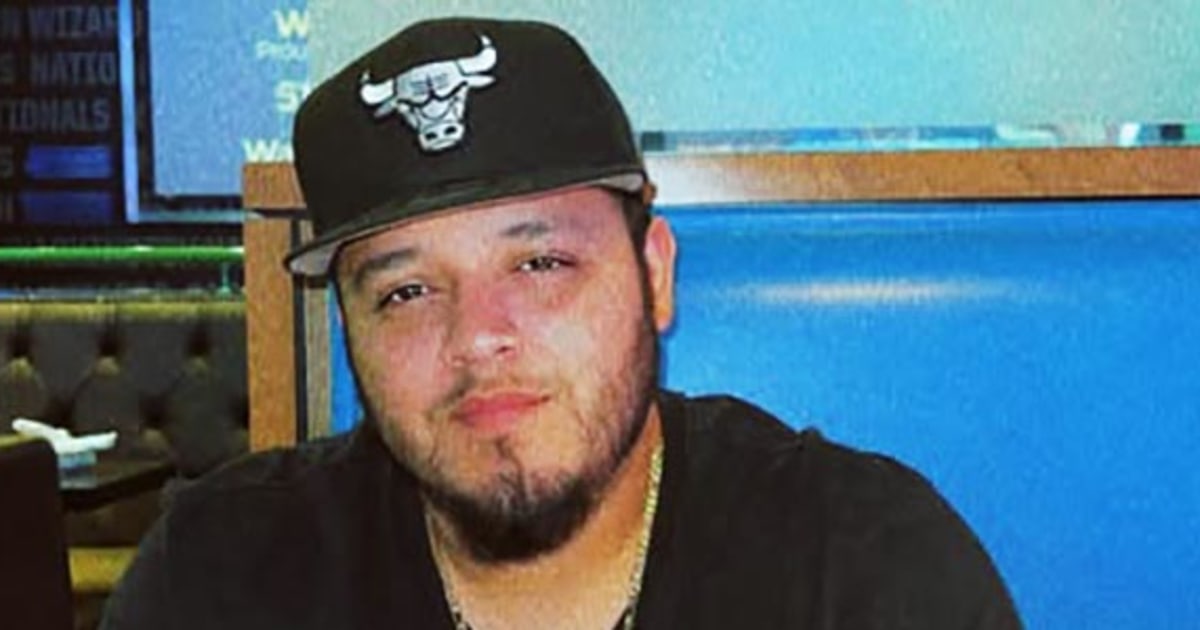The Justice Department and attorneys for Kilmar Abrego Garcia, a legal permanent resident mistakenly deported to El Salvador by the Trump administration, are set to debate his release terms from federal custody on Wednesday. Abrego, who resides in Maryland, awaits trial on smuggling charges after being brought back to the U.S. earlier this month.
Abrego, 29, was deported in March to a high-security prison in El Salvador due to what the government described as an “administrative error.” Upon his return, he was charged with two federal felonies: conspiracy to unlawfully transport illegal aliens for financial gain and unlawful transportation of illegal aliens for financial gain. He has pleaded not guilty to both charges.
Legal Proceedings and Conditions of Release
The hearing, expected to be brief, will be overseen by Magistrate Judge Barbara Holmes. She will discuss the conditions of Abrego’s release, which may include travel restrictions limited to necessary trips within the Middle District of Tennessee for court appearances and attorney meetings, as well as within his home state.
Judge Holmes, in her ruling on Sunday night, suggested additional conditions such as anger management counseling and regulated contact with his wife, Jennifer Vasquez Sura, and their children. Although Abrego’s wife filed two protective orders against him in the past, the couple has since reconciled.
“Over three months, we’ve had to stand and plea for his liberation. He missed birthdays, graduations and Father’s Day. And today, he misses our wedding anniversary,” Jennifer Vasquez Sura said at a press conference. “I find myself again, torn from my children, traveling back to Nashville to fight for Kilmar’s freedom.”
Implications of Deportation and Legal Challenges
Following his formal release from federal custody, Abrego is likely to be detained by Immigration and Customs Enforcement for deportation proceedings. Despite his court-ordered return to the U.S., he initially entered the country illegally, making him subject to potential deportation, separate from his federal case.
Abrego’s situation highlights the Trump administration’s aggressive immigration policies, which have included mass apprehensions of foreign students, primarily Muslims, under an obscure provision of the Immigration and Nationality Act of 1952. This provision allows the secretary of state to determine if certain foreign nationals pose a threat to U.S. foreign policy.
Historical Context and Recent Developments
In March, the administration deported hundreds of men accused of being violent gang members, including Abrego, to El Salvador, defying a judge’s order to return them to the U.S. In recent weeks, immigration authorities have intensified raids on farms, hotels, and other worksites to detain undocumented immigrants.
Abrego’s case has drawn significant attention, serving as a poignant example of the broader implications of the administration’s immigration crackdown. His wife, Jennifer Vasquez Sura, has been a vocal advocate for his release, emphasizing the personal toll the ordeal has taken on their family.
“Today in honor of Kilmar and our wedding anniversary, I will celebrate our fight and the fight for all those who stood with us and refused to give up,” she added.
Looking Ahead
The outcome of Wednesday’s hearing could set a precedent for similar cases involving wrongful deportation and the subsequent legal battles faced by those affected. As the nation continues to grapple with immigration policy, Abrego’s case underscores the complexities and human costs associated with stringent enforcement measures.
As the legal proceedings unfold, the focus will remain on the balance between enforcing immigration laws and ensuring that administrative errors do not lead to unjust consequences for individuals like Kilmar Abrego Garcia.
